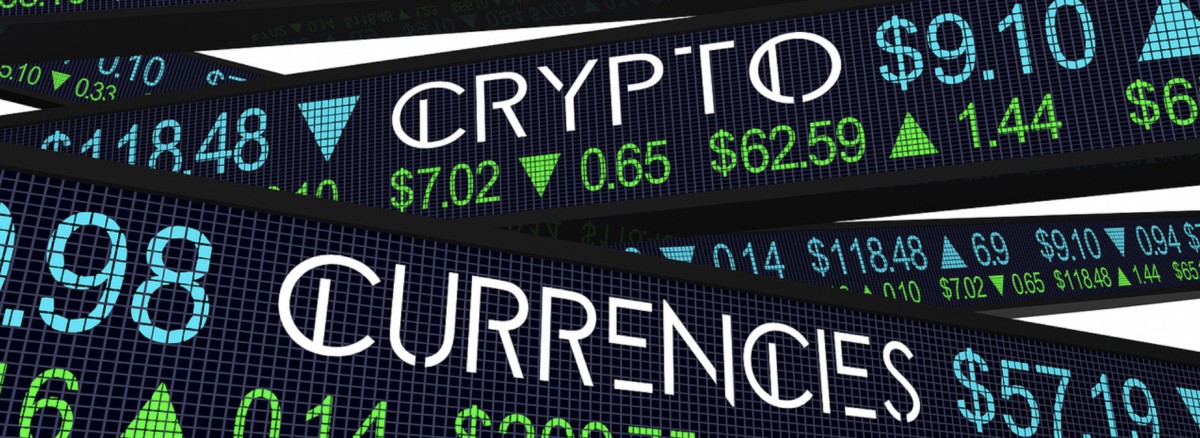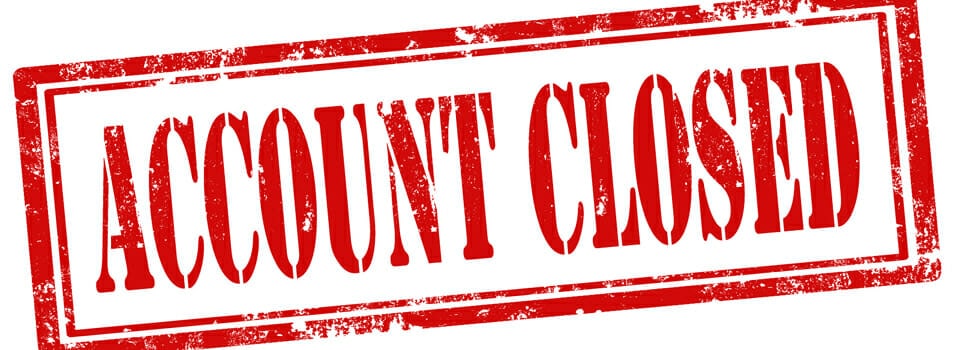If you handle the finances for your ministry, you know how inefficiency can keep you from staying on mission. And if your ministry is growing, you’re aware of the increased demands being placed on staff and volunteers. Growth often means greater income and expenses, with more cash to handle.
Use of cash is actually on the decline, but sometimes it’s the only way to meet a financial need. Or is it? Whether you’re reimbursing a junior high student who doesn’t have a bank account or helping someone who walked in off the street, it’s not uncommon to reach for cash.
Of course using cash isn’t always a simple solution, and it may not be the best one. There’s the record keeping and balancing of petty cash, not to mention the frequent bank runs to replenish it. How about getting receipts from everyone? Is there a better way? With a little creative thinking and planning, there is.
Some expenses occur regularly as part of running your ministry’s operations. Others come up unexpectedly. Are any of your volunteers using their own bank accounts to get cash for ministry needs? Whatever your reimbursement and disbursement needs, you want a plan for managing these payments that reflects your ministry’s values of integrity and transparency.
To begin developing that plan, ask yourself these simple questions:
- How much cash do we really need to keep on hand?
- Is having cash on hand or running to the bank for more cash increasing or decreasing our sense of security?
- Are there equivalents or alternatives to cash that can better meet our needs?
Cash equivalents and alternatives are typically more secure and convenient than cash, and incorporating them into your daily processes can increase your effectiveness.
Debit Cards
Using a debit card is more convenient than going to the bank for cash, especially if your bank’s hours, location, or volume limits don’t meet your immediate need. Add in the lost time and gasoline expense of running to the bank, and these cards really become a smart alternative. They’re one great way to reduce the amount of cash you keep on hand.
You can gain some of the same benefits from other cash equivalents, like cashier’s checks or gift cards.
Gift Cards
Merchant gift cards are great for rewards or incentives, but some caution should be heeded when using these. If the card is lost, it’s possible that the value placed on the card is also lost. Some gift cards can be registered with the merchant that issued it. Check the terms and conditions associated with the card and register it if the option is available.
Cashier’s Checks
Cashier’s checks are often used when a customer and merchant do not know each other, or when immediate availability of funds is required. A great example for when to use a cashier’s check is paying an out-of-state vendor, such as a construction company working on a building project.
Do you still need to keep cash on hand? Yes, but maybe less than you think. Creative alternatives can reduce the amount of cash you keep on hand and have to manage. And reducing cash on hand makes your financial operations more secure. Less cash means less risk or temptation—people can’t “lose” what isn’t there—and greater peace of mind.
Here are some other alternatives to cash.
Credit Cards
Credit cards are a good alternative to cash when used for purchases, but not for getting cash. When credit cards are used for cash, finance charges and fees apply, and the finance charge “clock” starts ticking immediately. A reputable practice is to use credit cards for convenience only, paying off the balances each month.
Prepaid Cards
Another cash alternative is general-purpose reloadable prepaid cards. These can be used as per diem expense cards for traveling employees, or in lieu of cash on mission trips. They can even replace much of the actual cash that resides in your petty cash box. Prepaid cards can also be used to manage your budget by controlling specific expenses. For example, you can give a staff member a card that is preloaded with their budgeted monthly expenses. If the budgeted amount is exceeded, he or she will need to request approval for more funds.
Practical Application
Consider this scenario: Today your ministry gives cash to people who need to ride public transportation. When that cash is given out, a petty cash voucher goes in the cash box to keep it in balance. And you hope the cash you gave is actually used to ride the bus.
You can replace this need for cash by utilizing another form of payment, which you may already have access to. Use a credit, debit, or prepaid card to purchase bundles of bus passes. No more petty cash vouchers … just a supply of prepaid bus passes to meet that specific need. A great benefit of credit, debit, and prepaid cards is their reporting features, either online or over the phone. These features can also make it easier to track expenses against your budget.
Reap the Benefits!
By evaluating your current processes, you can develop a plan to utilize other forms of payment and reduce your dependency on cash. Your plan might even include recycling cash from donations or program revenues, which could reduce or eliminate the need to go to the bank for cash.
Using cash equivalents and alternatives can protect the good reputation for managing ministry funds that you have worked so hard to establish. By being intentional, thinking creatively, and communicating your plan, you’ll free up more time for you, your staff, and volunteers to stay on mission.
View the original PDF: Cash Equivalents











